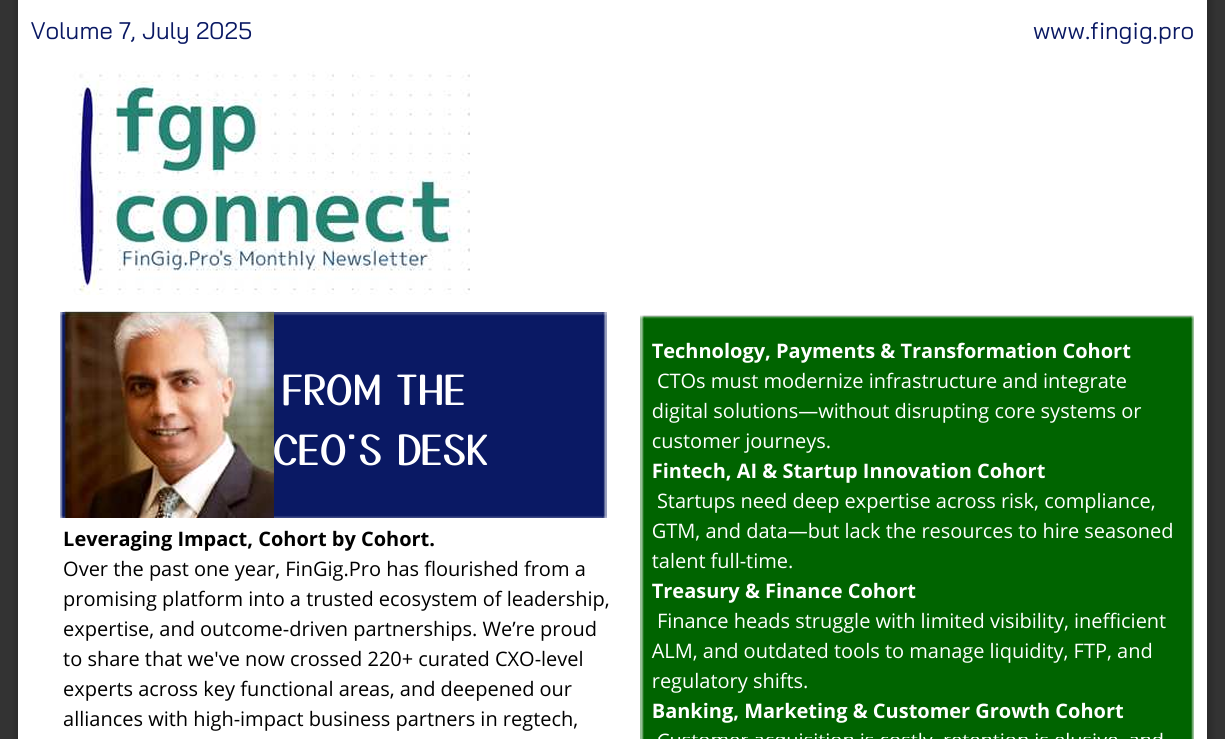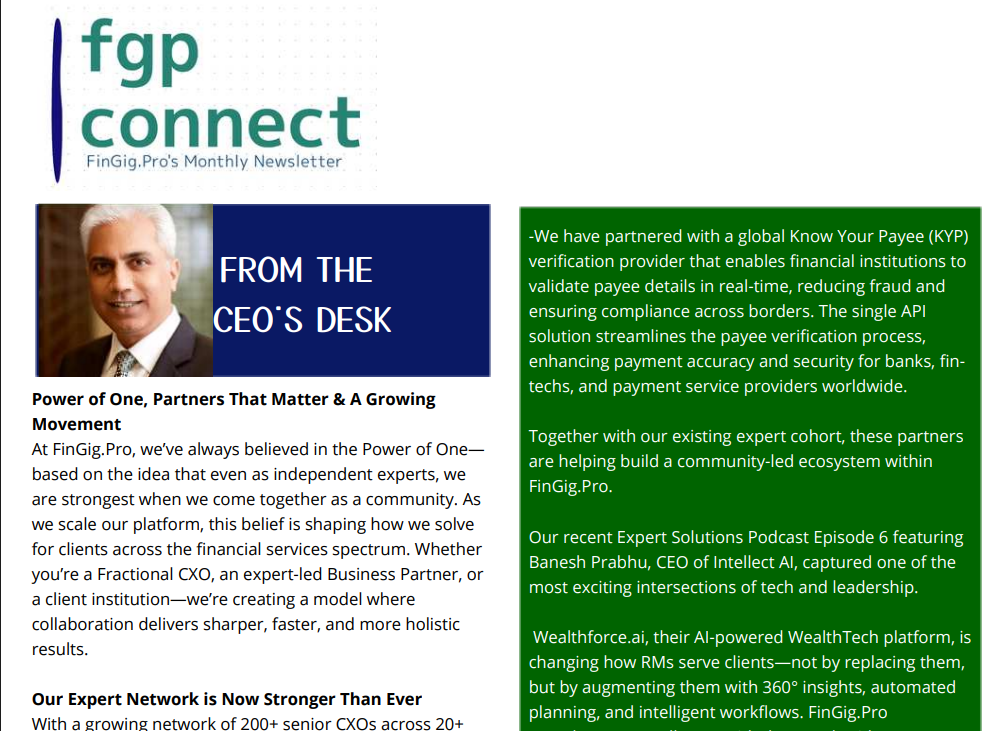The Financial Services sector overall has been resistant to change and when the Covid 19 pandemic struck, it spelt mayhem. Before the pandemic just 29 per cent of the workforce worked at least one day in a week from home. This figure suddenly catapulted to 69 per cent which meant the rules of the game had to change. In these volatile times the Human Resource department of Financial Services companies had to suddenly adapt to changing contours of the workforce and with work from home (WFH) becoming a given, began to introspect so as to bring about company connect with its staff which was now scattered across the world. There was uncertainty in the air and reskilling from home became a major challenge. These are trying times and the HR departments had to put on their thinking caps to rejig their strategies.
“The role of HR has never been more important,” says Julia Lamm, a New York City-based workforce strategy partner at global accounting and consulting company PricewaterhouseCoopers (PwC). “HR is leading on the return to work. HR is the moral compass [on diversity] of financial services. Companies are really prioritizing … culture change [and] having empathetic leaders. HR is owning all of that.”
Feeling the Strain
According to Tamara Lytle, writing in the 75th anniversary issue of Society for Human Resource Management (SRHM) pandemic stress has been a common challenge for employees in many industries, especially as whole families spend time working and learning in close quarters and uncertain economic conditions leave people feeling anxious. But financial services workers also have been unsettled by volatile markets and a push toward automation within the industry that some employees worry could leave them without jobs
Blurring of lines
As remote work leads to the blurring of the line between work and home life, leaders should encourage workers to take time off. To give stressed workers a break, Fidelity Investments’ Lesser had to outmanoeuvre his employees. He called a 2 1/2-hour, all-hands meeting with 250 employees to talk about financial results, to be followed by a quiz. But when the meeting opened, “I told them they had the rest of the afternoon off,” Lesser says. It was a beautiful 65-degree day.
The thank-you e-mails that poured in included photos and tales of spending the windfall time napping, going for walks with parents, taking kids to the park and running errands.
Last year, Fidelity added a benefit to help workers pay for therapy, five extra days of “relief” time off, and reimbursement for child care and elder care coordinator services. “We’re trying to do more things for managers to help associates deal with stress,” Lesser says.
Increasing diversity
According to a report from Career Star Group, “one of the HR trends in the financial sector is increasing diversity. Previously, the Financial Services sector has been male-dominated. Now, the financial industry is focusing on drawing in more bright young females with the potential to reach senior levels in the company. There are more and more initiatives in place now to make this happen. For example, the Big Four firms of the financial sector (PricewaterhouseCoopers, Ernst & Young, KPMG and Deloitte) run a number of events to encourage and promote diversity.” This trend towards diversity implies that HR managers in financial firms are often involved in events, presentations and online discussions. They need to come up with creative ways to reach out to target diverse groups.
Advancing Technologies
Another trend in this industry is the advancing technology, and there’s no escaping this. It influences the sector in so many areas. The internet and social media have had a huge impact on the way many financial firms interact with their customers. The more complex jobs are safe, but it’s common for lower value operations to be replaced by automation.
In such a changing scenario, the role of the HR managers has become more complex and human centric in an increasingly digital workplace.
So in a nutshell, what we learn about the present and future HR space is:
- HR is a moral compass of financial services.
- Pandemic stress has been a recurring challenge.
- Reskilling and upskilling have become a major challenge
- This is because there has been a blurring of lines between work and home life
- As a result of these changing paradigms, HR companies added benefits like paying for therapy, extra days of relief time off, and reimbursement for child care and elder care.
This is the reality we are living with and HR teams are now integrating their functions pro-actively with that of what the business needs to achieve so please do not hesitate to share your comments below.
FinGig.Pro is a global network of Experts on Demand and our Experts have worked in senior leadership positions which helped them to succeed. If you are interested to join this network then
click here REGISTER AS AN EXPERT



